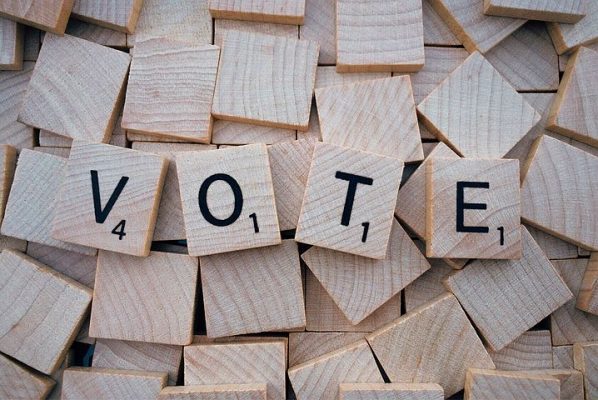
On November 2, 2018 Alameda County California, three blind residents, and the National Federation of the Blind announced a settlement designed to protect the rights of blind voters to participate fully in the county’s voting program.
It is the first agreement in the United States to include WCAG 2.1 as the accessibility standard. The parties used Structured Negotiation and did not have to file a lawsuit.
Among other things, the Alameda County voting agreement requires
-
- purchase of accessible voting machines
- purchase of a remote accessible vote-by-mail system
- improved poll worker training
- automated, manual web accessibility testing and establishment of a user accessibility testing group
- WCAG 2.1 standard
The county’s election website, including content such as sample ballots and voter information pamphlets, will be accessible per the Web Content Accessibility Guidelines (WCAG) Version 2.1 AA. Pre-2018 archived PDFs will be made accessible upon request.
- Read the press release announcing the Alameda County voting case settlement.
- Read the settlement agreement between NFB, blind voters, and Alameda County
No lawsuit was needed to obtain this result. Instead, the parties and their lawyers used Structured Negotiation as their legal advocacy tool.
While we use all available tools to protect the rights of blind voters, the National Federation of the Blind strongly believes in building partnerships and working collaboratively to solve problems. We are therefore pleased that using structured negotiation in this matter has led to a comprehensive agreement that secures the rights of blind voters in Alameda County. Mark Riccobono, President of the National Federation of the Blind
We are very pleased to have reached this excellent result collaboratively through Structured Negotiation. Because we were able to focus on problem solving, rather than litigation, the parties achieved a fantastic outcome amicably and at a fraction of the cost of litigation.Jessie Weber, lawyer for National Federation of the Blind and other plaintiffs
Read more about Structured Negotiation.
The Law Office of Lainey Feingold congratulates everyone involved in this historic settlement agreement.
More about WCAG 2.1 and 2.0 in the legal space
WCAG 2.1 was released on June 5, 2018. It was the first update to the internationally accepted guidelines since 2008. Read more about WCAG 2.1.
For those who like history, here are some other WCAG legal firsts in the United States:
- WCAG 1.0 was published as a final recommendation by the World Wide Web Consortium on May 5, 1999
- The first settlement agreement in the United States to reference WCAG was the March 2000 Talking ATM and Web Accessibility agreement between Bank of America, the California Council of the Blind, and blind customers, negotiated in Structured Negotiation.
- WCAG 2.0 was published as a final recommendation by the World Wide Web Consortium in December, 2008. This website was included in the WCAG 2.0 Implementation Report.
- The Rite Aid Web accessibility agreement and Credit Report Accessibility agreement, both announced in April 2008, were the first to give the companies “the option of complying with either WCAG 1.0 or WCAG 2.0.”
- The web accessibility agreement with Major League Baseball (MLB) announced in February 2010 was the first US agreement to require compliance with WCAG 2.0
- In 2012 an addendum to the MLB agreement was the first to require a private sector company in the United States to use WCAG 2.0 for its mobile applications.
- WCAG 2.0 AA was incorporated into updated Section 508 Standards in January, 2017, and those updated standards became effective in January 2018.
- WCAG 2.0 AA was incorporated into updated Air Carriers Access Act rules in November 2013.
Back when WCAG 1.0 and 2.0 became final, there were just a handful of court decisions about web accessibility, none of which referenced WCAG. Today, many courts have recognized WCAG 2.0 AA as the prevailing standard for web accessibility. Check out the Legal Update Tab on this website for articles about some of these cases. Or register for the next legal update webinar I’ll be offering on November 29 with 3Play Media.
Know the first court opinion to reference WCAG 2.0? If you do, please send it to me and I’ll add it to the timeline in this post.